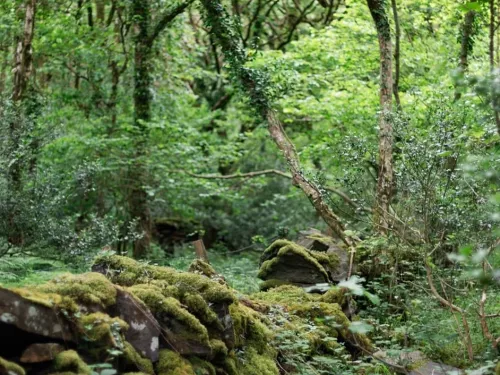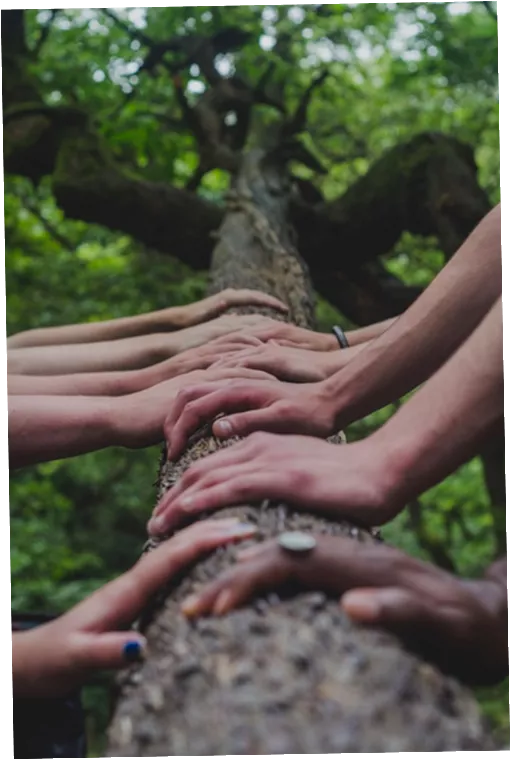Creating a safe & inclusive space for current members & newcomers alike
By Kia Mack, Digital Development Officer
Just as crucial as creating a safe and inclusive environment for our current members, volunteers, and staff is extending this inclusivity to those not yet engaging with KWT and encouraging diversity amongst newcomers.
Our approach to achieving this involves several key actions:
Enhancing Recruitment Packs: to make potential applicants feel welcome and informed, we are introducing a dedicated section on EDIB within our recruitment pack. This section will introduce them to our EDIB group, its mission, and Kent Wildlife Trust's commitment to becoming a more diverse and inclusive organisation.
Leveraging HR Tools: our new HR system will allow us to track the sources of job applications alongside the demographics of applicants. This functionality enables us to target our job advertisement budget effectively, which we hope will allow us to include postings on diverse job boards to improve the diversity of our candidates.
Long-Term Progress Tracking: our commitment to improving diversity in the long term calls for measuring and reporting demographics. We plan to collect and report data on applicants' backgrounds, current staff, volunteers, and members. This data will allow us to quantify our progress and assess the effectiveness of our strategies over time, pinpointing specific areas for improvement.
Engaging Existing Volunteers: we actively involve existing volunteers in our recruitment efforts. By making them aware of job advertisements, we tap into a valuable network of people who are already passionate about our mission and may refer candidates from diverse backgrounds.
Through these steps, we are working to create an atmosphere that not only welcomes diverse individuals but actively encourages them to join our team, nurturing a more inclusive and diverse Kent Wildlife Trust community that better reflects the world we serve.





